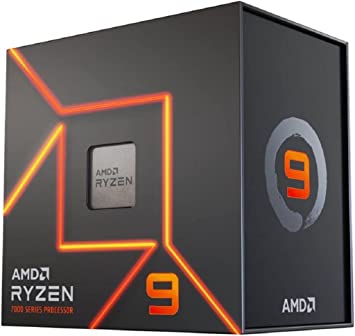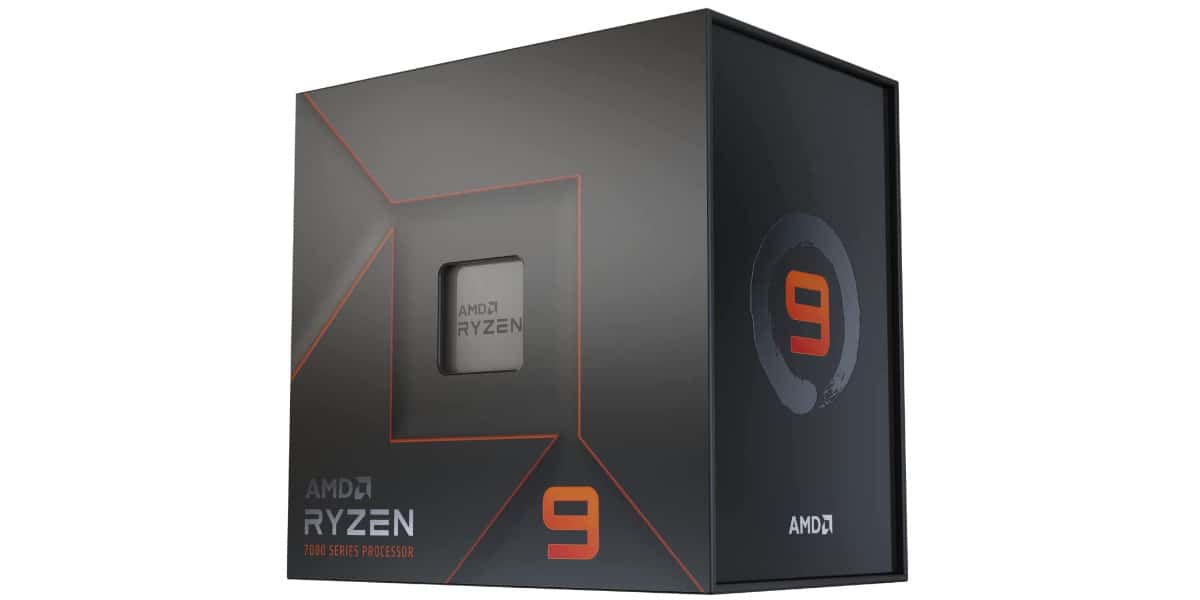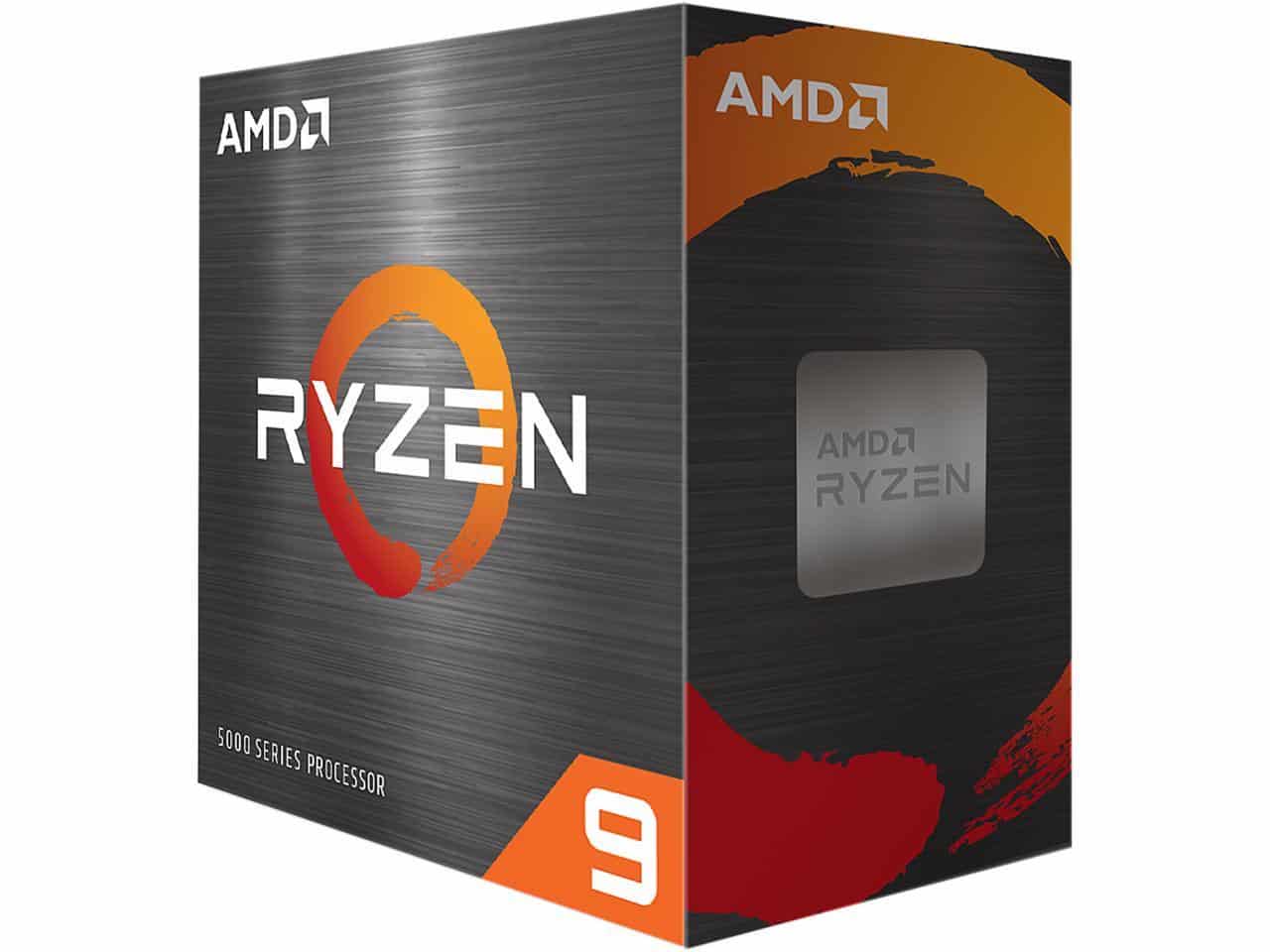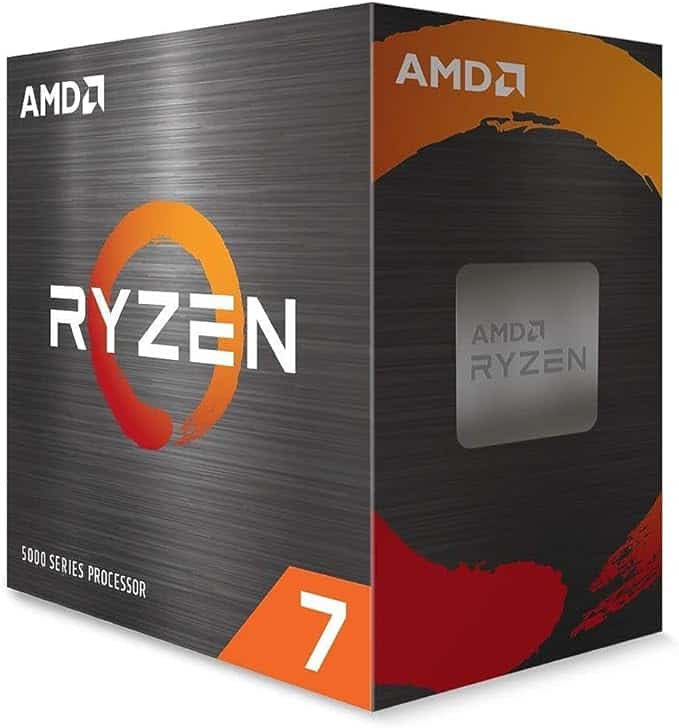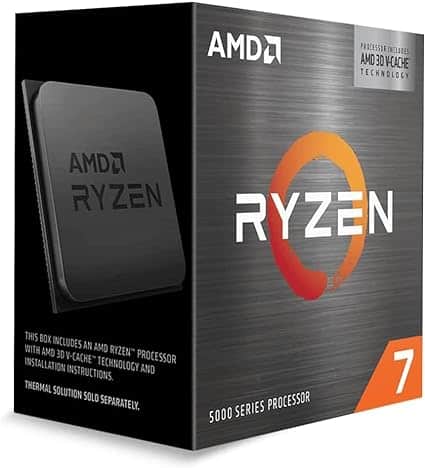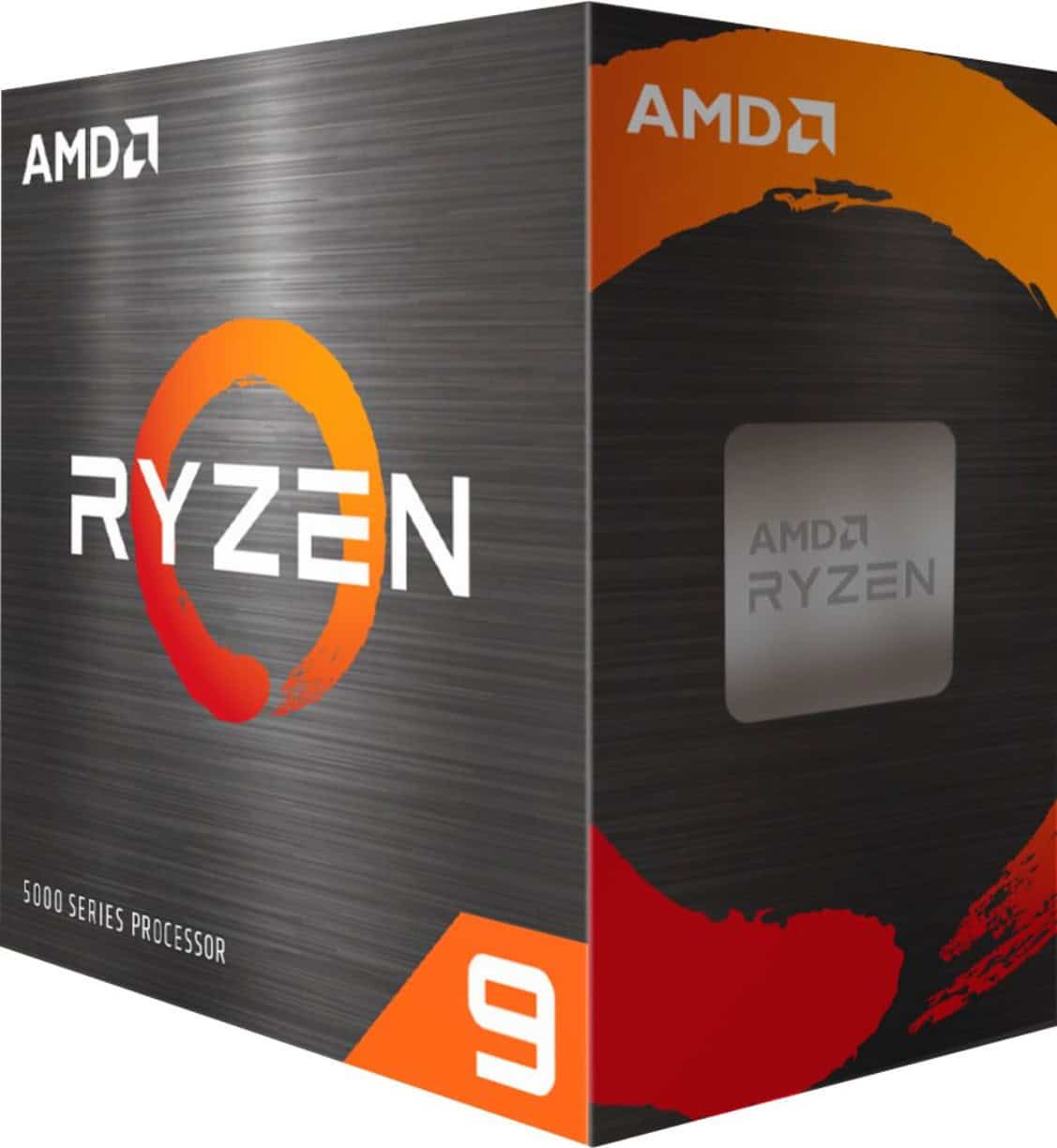Ryzen 9 9950X vs Ryzen 7 5800XT – how do they compare?

Table of Contents
AMD decided to surprise us all by announcing a new AM4 processor along with the new Ryzen 9000 series CPUs. The Ryzen 7 5800XT was introduced, which showed us that AMD is dedicated to supporting the aging AM4 socket but begged the question: How would it fare against AMD’s most powerful processor, 9950X? Both coming out on the Ryzen 9000 release date on July 31st, there’s plenty of new hardware to look forward to.
In this article, we'll set out to answer that question, and while the answer might be a no-brainer, we would still like to see how much of a difference is between the generations and whether an upgrade is necessary or not. So, without further ado, let's get right into it and find the best CPU for you.
Prime Day is finally here! Find all the biggest tech and PC deals below.
- Sapphire 11348-03-20G Pulse AMD Radeon™ RX 9070 XT Was $779 Now $739
- AMD Ryzen 7 7800X3D 8-Core, 16-Thread Desktop Processor Was $449 Now $341
- ASUS RTX™ 5060 OC Edition Graphics Card Was $379 Now $339
- LG 77-Inch Class OLED evo AI 4K C5 Series Smart TV Was $3,696 Now $2,796
- Intel® Core™ i7-14700K New Gaming Desktop Was $320.99 Now $274
- Lexar 2TB NM1090 w/HeatSink SSD PCIe Gen5x4 NVMe M.2 Was $281.97 Now $214.98
- Apple Watch Series 10 GPS + Cellular 42mm case Smartwatch Was $499.99 Now $379.99
- ASUS ROG Strix G16 (2025) 16" FHD, RTX 5060 gaming laptop Was $1,499.99 Now $1,274.99
- Apple iPad mini (A17 Pro): Apple Intelligence Was $499.99 Now $379.99
*Prices and savings subject to change. Click through to get the current prices.
AMD Ryzen 9 9950X
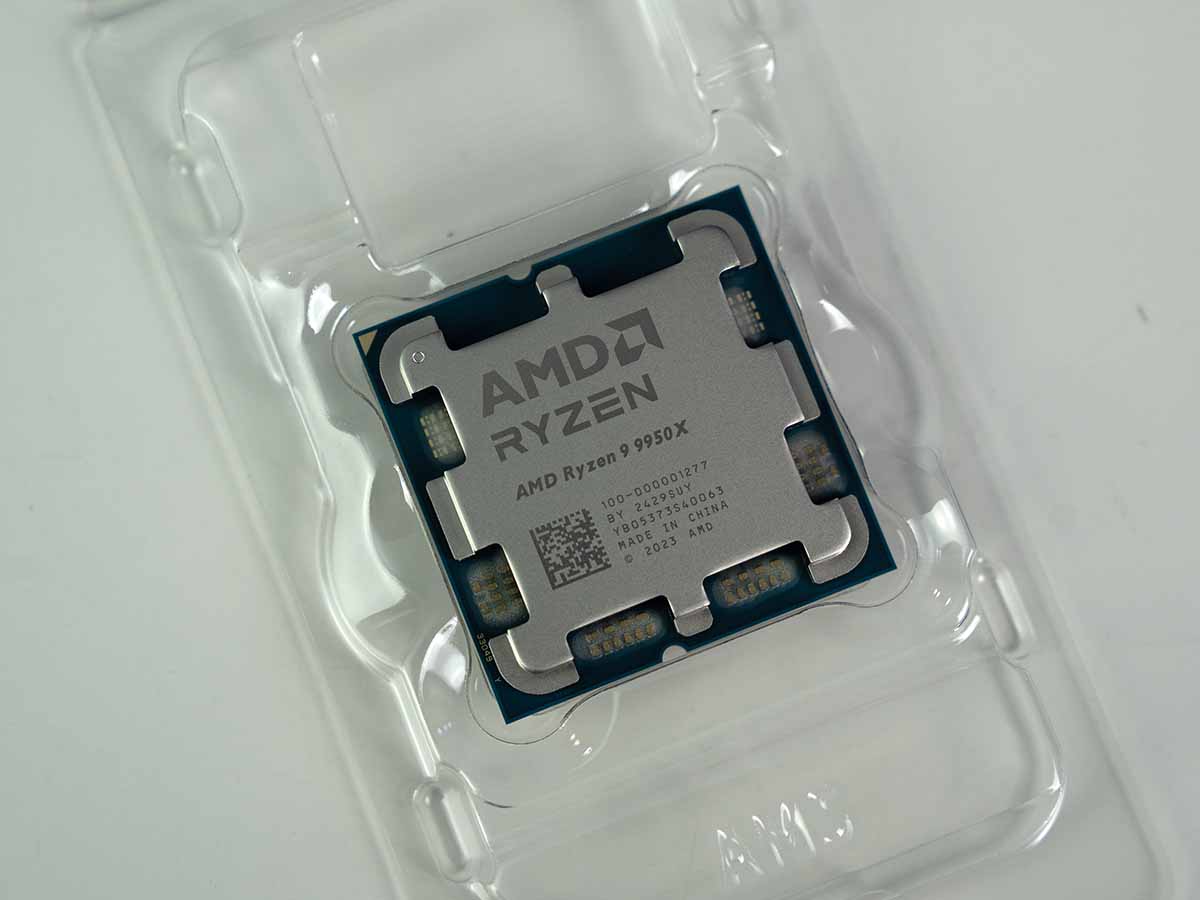
Cores
16
Threads
32
Boost clock speed
5.7 GHz
Base clock speed
4.3 GHz
L3 Cache
64 MB
TDP
170 W
Platform
AMD Socket AM5
Shop on Amazon
CHECK PRICEAMD Ryzen 7 5800XT
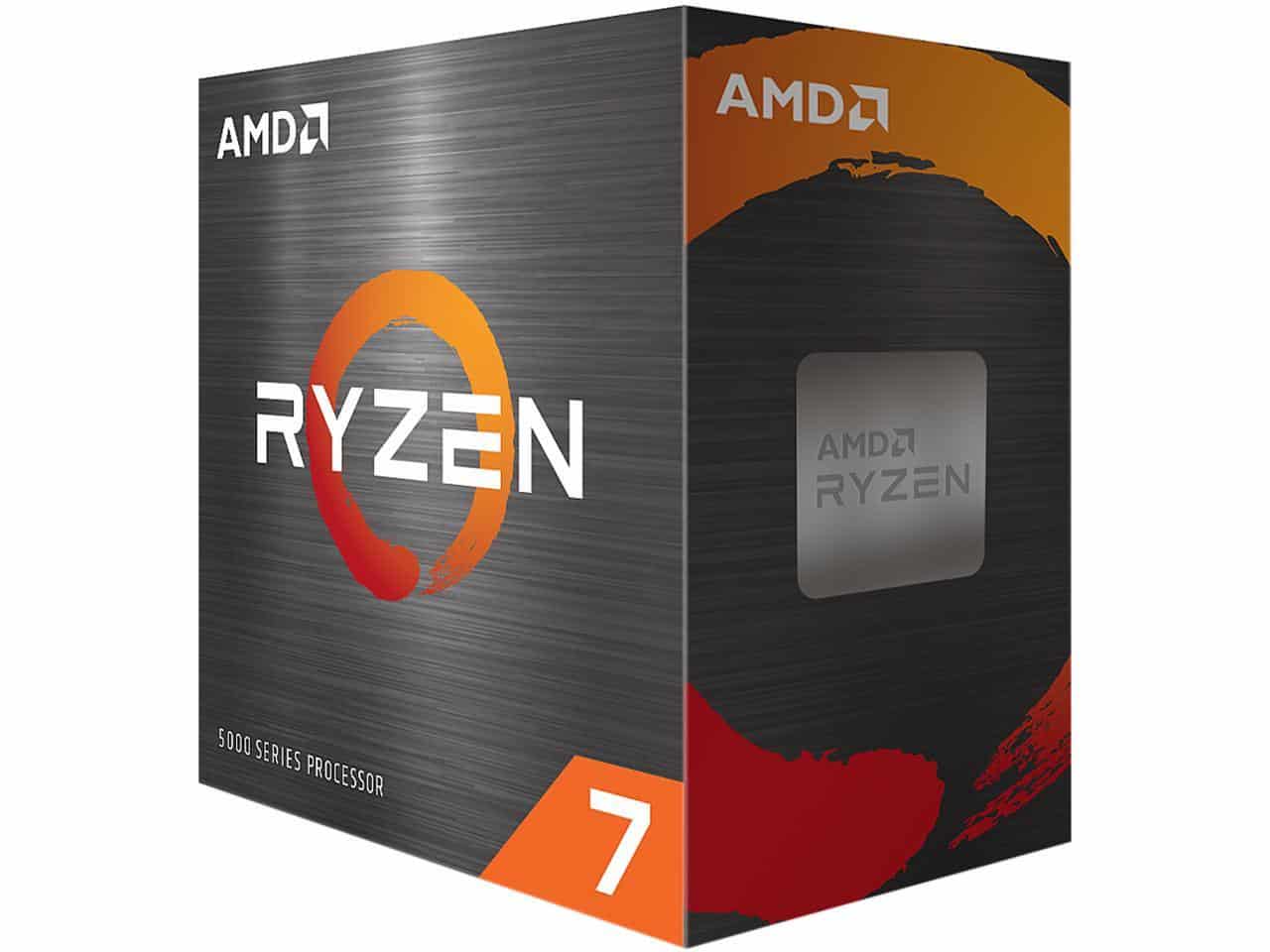
Cores
8
Threads
16
Boost clock speed
4.8 GHz
Base clock speed
3.8 GHz
L3 Cache
32 MB
TDP
105W
Platform
AMD Socket AM4
Shop on Amazon
CHECK PRICESpecifications
To see the difference between the two processors, we've listed their specifications below.
| Specifications | Ryzen 9 9950X | Ryzen 7 5800XT |
| Architecture | Zen 5 | Zen 3 |
| Socket | AM5 | AM4 |
| Process | TSMC 4nm FinFET | TSMC 7nm FinFET |
| Cores | 16 | 8 |
| Threads | 32 | 16 |
| Base clock speed | 4.3 GHz | 3.8 GHz |
| Boost clock speed | 5.7 GHz | 4.8 GHz |
| L3 Cache | 64 MB | 32 MB |
| TDP | 170W | 105W |
| Integrated graphics | AMD Radeon Graphics | – |
There is a stark difference between the two generations, which will definitely put the results in favor of AMD's flagship processor, whether gaming or professional workloads. However, just because the 9950X has better specifications doesn't mean the 5800XT has no use. It would still be a great addition for a mid-tier gaming PC or productive builds, as it most likely would cost less than the 9950X.
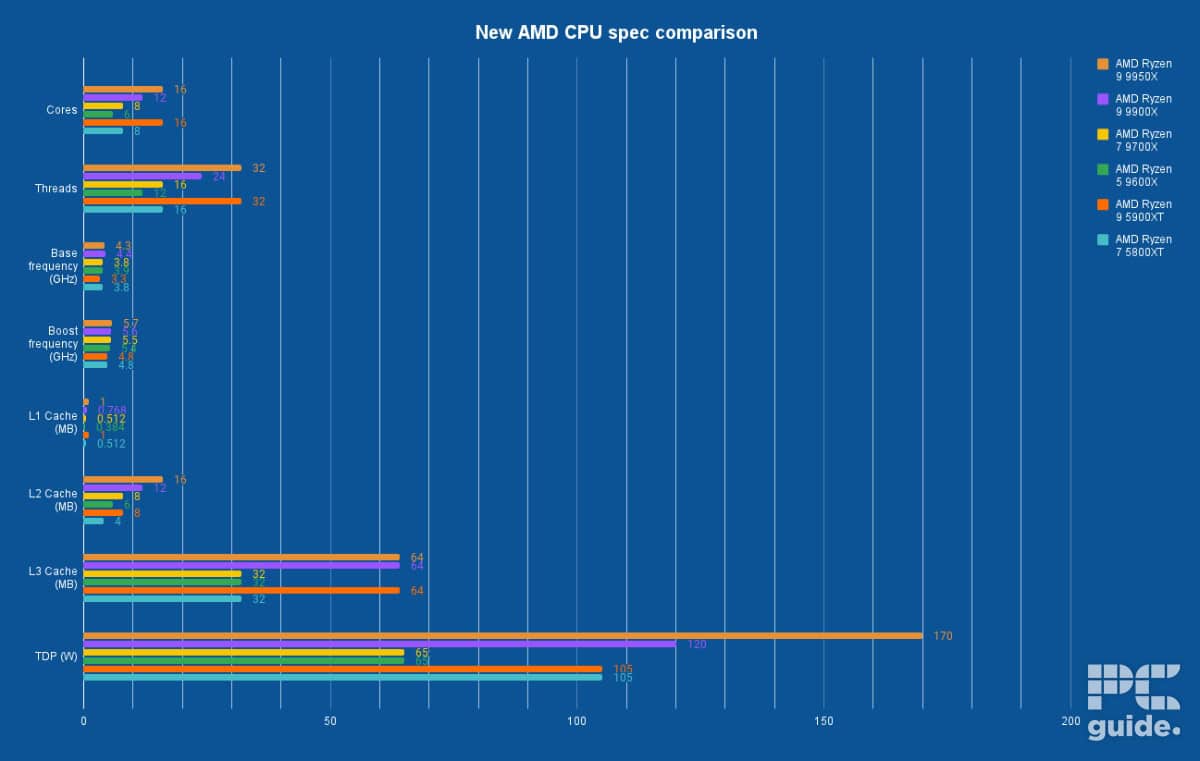
Foundations and cores
The biggest difference between the two processors is that the 5800XT is based on the Zen 3 architecture while the 9950X is based on the latest Zen 5 architecture. In addition, the CPU process saw a significant decrease in size, as the former has 7nm processes while the latter has 4nm processes.
This means more transistors can fit on the chip, leading to faster and more efficient processing. As for the cores and threads, the 9950X has twice the amount of 5800XT, which should give it a significant advantage in almost every use case.
Clock rates
The clock rate determines how fast a CPU can process information, and once again, we see the 9950X blowing the 5800XT out of the water. The difference between the max and base clock speeds comes to around 0.9 and 0.5 GHz, respectively, which is a lot when you factor in the architecture, cache, and process size difference. Of course, overclocking could be worth it to push extra performance out of them but depends if you find it necessary.
Cache and TDP
Another area where there is a huge difference between the two CPUs is the TDP and their respective L3 caches. The 9950X has a TDP of 170W, while the 5800XT is less power-hungry, with a 105W power draw. However, given the difference between the hardware, it isn't surprising that the 9000 series flagship CPU requires much more energy to power all that muscle. This may make you consider getting the best CPU cooler to match the high thermal requirements of either processor.
As for the cache, the 9950X has double the amount of 5800XT, which means that it can store more frequently used data on the chip, leading to lowered access times and efficient processing.
Graphics capabilities
The Ryzen 9 9950X comes with integrated AMD Radeon graphics with two cores and a frequency of 2200 MHz, the same as the 7950X, so there isn't much generation-over-generation improvement in that aspect. However, we can't deny the usefulness of an iGPU, as it can help you troubleshoot your PC or even boot it up if there isn't a dedicated GPU. While high FPS gaming isn't possible with it, it should be more than enough to run basic applications.
The Ryzen 7 5800XT doesn't come with integrated graphics, meaning you'll have to invest in a dedicated GPU if you're going to opt for that CPU. If you're wondering which GPU would work well with this upcoming CPU, we've got a guide that covers the best GPU for Ryzen 7 5800X, its predecessor, which should give you a good idea.
How much would the 9950X and 5800XT cost?
While we'll have to wait till July 31st for these new processors to release and have a better idea as to how much they'd cost, we can still make an informative guess based on previous pricing trends.
The 7950X was released with an MSRP of $699, while the 5800X cost around $449. If we move a generation back, we can see the prices didn't take a dip as we'd expect, as the 3700X cost $399 and the 5950X was even more expensive than the 7950X with a price tag of $799.
So, we expect the 9950X and 5800XT to be priced fairly reasonably, with tags of $699-750 and $449, respectively. With that being said, everything will come to light on July 31st, or maybe even sooner, as AMD is gearing up to release the new powerhouses. Although with the 5800XT being an older processor, it might drop even lower.
How have these CPUs changed from the last generation?
The Ryzen 7 5800XT CPU is the first of its kind, so there isn't a 3800XT processor with which to compare it. However, we do have the 5800X and 5800X3D to use as a benchmark. We'll look at the specifications of these three CPUs to see how much hardware change there is between the same generation.
| Specifications | 5800XT | 5800X | 5800X3D |
| Cores | 8 | 8 | 8 |
| Threads | 16 | 16 | 16 |
| Cache | 32 MB | 32 MB | 96 MB |
| Max boost clock | 4.8 GHz | 4.7 GHz | 4.5 GHz |
| Base clock speed | 3.8 GHz | 3.8 GHz | 3.4 GHz |
So, we can see there isn't much difference between the three processors other than the 5800X3D’s massive advantage in the L3 cache and lower clock speeds. The 0.1 GHz increase in the 5800XT's max boost clock is negligible, and it should perform similarly to the 5800X.
The 9950X, on the other hand, is a completely different story. We have the 7950X and the 5950X to compare it with, which makes the comparison very interesting.
| Specifications | 9950X | 7950X | 5950X |
| Cores | 16 | 16 | 16 |
| Threads | 32 | 32 | 32 |
| Cache | 64 MB | 64 MB | 64 MB |
| Max boost clock | 5.7 GHz | 5.7 GHz | 4.9 GHz |
| Base clock speed | 4.3 GHz | 4.5 GHz | 3.4 GHz |
| Architecture | Zen 5 | Zen 4 | Zen 3 |
The core count, threads, and cache are the same across all three processors, but the performance difference should be substantial because each CPU is based on a new architecture.
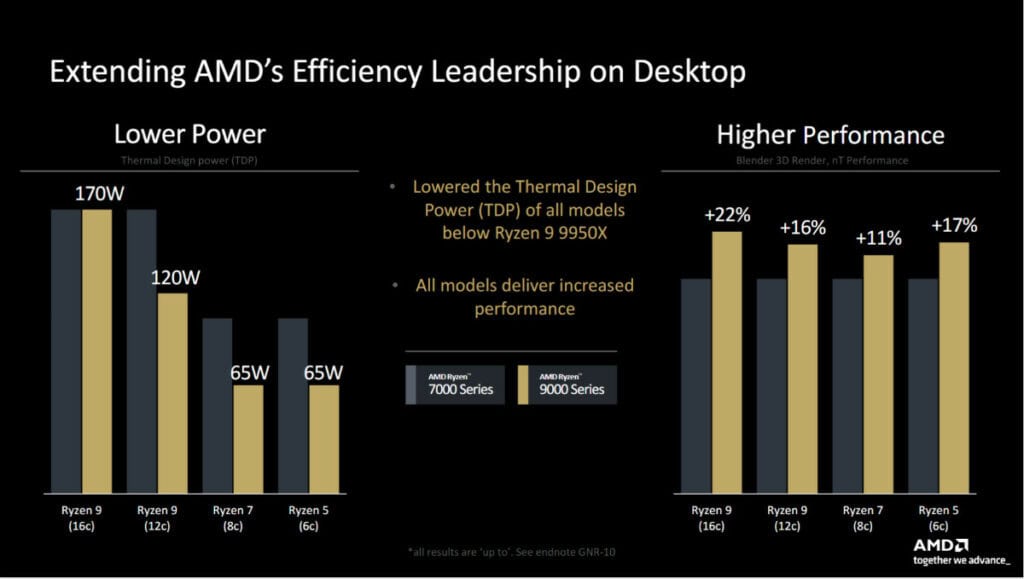
In one of its announcement slides, AMD also shows an average higher performance of its 9000 series vs comparative 7000 series processors, while mostly going down in power requirements. So the 9950X does offer a higher performance even if the power draw stays the same.
Alternatives to the 9950X and the 5800XT
There are some processors that you could opt for instead of the 9950X and the 5800XT, and we've listed them below. We've reviewed some of these alternative options, and you can also check out their in-depth reviews.
9950X alternatives
-
AMD Ryzen 9 7950X
- Cores: 16
- Threads: 32
- Boost clock speed: 5.7 GHz
- Base clock speed: 4.5 GHz
- L3 Cache: 64 MB
- TDP: 170W
-
AMD Ryzen 9 7900X
- Cores: 12
- Threads : 24
- Boost clock speed: 5.6 GHz
- Base clock speed: 4.7 GHz
- L3 Cache: 64 MB
- TDP: 170 W
-
AMD Ryzen 9 5950X
- Cores: 16
- Threads: 32
- Base clock speed: 3.4 GHz
- Boost clock speed: 4.9 GHz
- L3 Cache: 64 MB
- TDP: 105 W
5800XT alternatives
-
AMD Ryzen 7 5800X
- Cores: 8
- Threads: 16
- Boost clock speed: 4.7 GHz
- Base clock speed: 3.8 GHz
- L3 Cache: 32 MB
- TDP: 105 W
-
AMD Ryzen 7 5800X3D
- Cores: 8
- Threads: 16
- Boost speed : Up to 4.5 GHz
- Base speed: 3.4 GHz
- L3 Cache: 96 MB
- TDP: 105W
-
AMD Ryzen 9 5900X
- Cores: 12
- Threads: 24
- Boost clock speed: 4.8 GHz
- Base clock speed: 3.7 GHz
- L3 Cache: 63 MB
- TDP: 105 W
Do you really need a Ryzen 9 9950X?
The quick answer to this question is that it depends on your use case. The appeal of the latest technology and all the bells and whistles it comes with is certainly understandable, but all that comes with a hefty price tag while the components you're currently using are still good for a couple of years.
On the other hand, if you've got workstation-level tasks to tackle day in and day out, having a powerful processor wouldn't hurt; on the contrary, it should streamline the workflow and enhance efficiency. So, it all comes down to what you want to use it for, your current workload, and whether your budget allows for it. But if you’re looking to get one check out where to buy the Ryzen 9000 series CPUs.



